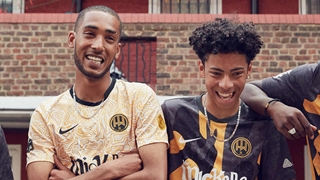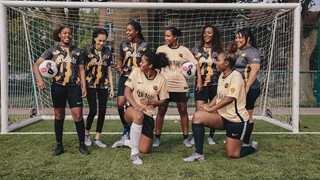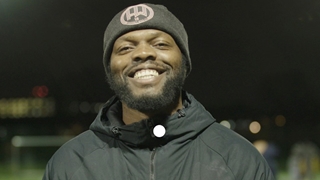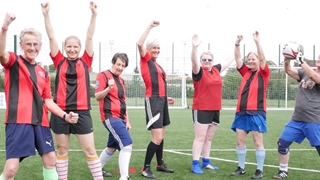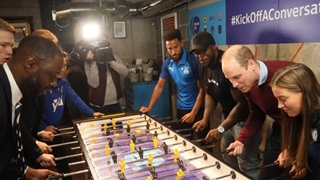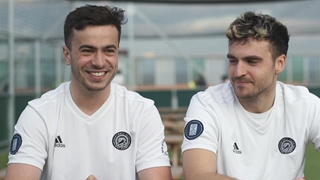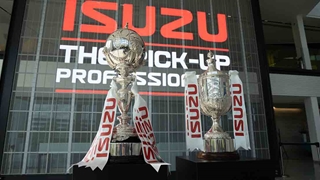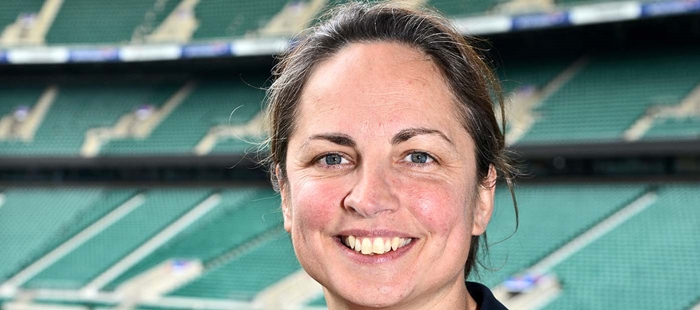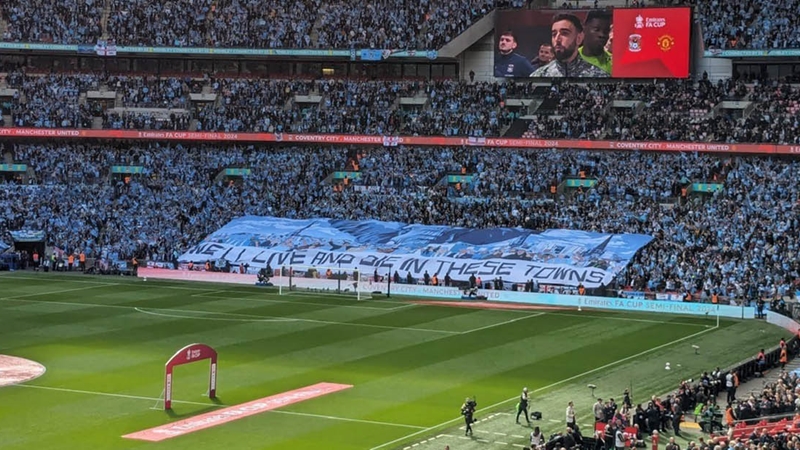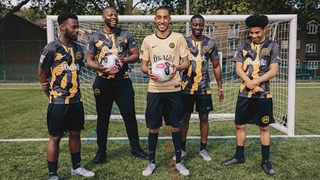
Hackney Wick are no ordinary football club. Founded in 2015 by Bobby Kasanga, they were set up to challenge gang culture.
33-year-old Kasanga himself served eight years in prison for armed robbery, ending a promising football career that saw him play for Fisher Athletic, East Thurrock and Ashford.
“My best friend was stabbed right before my Ashford debut,” says Kasanga, who is currently completing an online course in criminology and psychology.
“I was on the team bus when I heard. Then there was a revenge killing in response and I was a suspect, even though I was at a football game. That was kind of a warning, and any normal human would have walked away from gang crime, but I just kept going and paid the price.
“To be honest, I didn’t have much remorse at the time. I just wanted to be in a gang like my brother. He had cool trainers and supported Manchester United and his life seemed appealing.
“He didn’t actually let me support United, though – that was his team. So I decided to follow Blackburn Rovers, who were also doing well at the time. I had an Alan Shearer shirt, but my brother was still my main idol. I wanted to be him instead of Shearer.”
Over almost a decade Kasanga moved from jail to jail, serving time at the likes of Feltham and Pentonville. Football became a means of not only exercise and escapism, but a path to reform.
“Football can be a calming presence,” says Kasanga. “Prison can be a dark, lonely place, but playing football, or any form of exercise, allows you to forget that for just a moment. That benefits your mental health, too.
HACKNEY WICK FC: FIND OUT MORE“So when I was released from prison at 28 I decided to form Hackney Wick. There was no football team in Hackney at the time and I knew starting a club would help those released from prison or on the cusp of gang culture.”
Within five seasons – thanks to Kasanga’s infectious enthusiasm and ability to raise funds – the so-called ‘Wickers’ are now playing semi-professionally in the Eastern Counties League and even made the preliminary round of the Emirates FA Cup in 2018-19. There is also a women’s team and over 250 junior members.
“The original aim was to get former offenders, or youths susceptible to crime, off the streets of Hackney. These were predominantly male, but I always said from the start there was no point in founding a football club without a female team, too.
“Our male side is predominately black, but the women’s team is mostly white, made up with players from ‘gentrified’ Hackney. Lots of the guys volunteer with the women’s team and it’s a great way of merging two communities that might not cross paths otherwise.
“The head coach, for example, is a 22-year-old guy called Jayden. I met him in McDonalds in Hackney when he was 17. He had been through quite a lot, including having a knife pulled on him, and we have helped him get his life together using football as a tool.”
Kasanga believes those who have served time, or have been involved in crime, are more likely to suffer from mental health problems.
Time To Talk Day, much like our own Heads Up initiative, encourages everyone to be more open about their mental health, which is just as important in football as physical fitness.
“Talking isn’t easy, but bottling up dark thoughts does far more damage,” says Kasanga.
“Those in or around gang culture see some horrible things and can develop post-traumatic stress disorder (PTSD), perhaps without even realising. Like soldiers at war, they see shootings and stabbings and also have to deal with a new kind of peer pressure and abuse through the internet.
“As a result, we provide football sessions for those dealing with mental health issues via our partnership with the Recovery College. And we have our ‘Think Outside The Blox' campaign which encourages young people to pursue all kinds of interests, including football, music and art. We also host a tournament with over 600 players from all of London’s 32 boroughs.”
HACKNEY WICK FC: FIND OUT MORE
Kasanga frequently returns to various prisons across England, and goes into schools, to talk to young people about the health benefits of football, following their dreams and looking after their mental health.
But there's still work to be done; and as Hackney Wick celebrate their five-year anniversary in 2020 they have one major challenge ahead – finding a new home.
“I can’t stress enough the importance of Hackney Wick having a permanent stadium in Hackney,” says Kasanga. “Hackney Marshes is a really iconic football venue, but there is actually no ground in our borough for a senior football team and that leads to players turning to other things after their teenage years.”
Hackney Wick are currently playing at Coles Park, the home of Haringey Borough, but have been told their lease will end in April. That groundshare was an emergency measure after an agreement to play at Clapton FC's Spotted Dog stadium was unexpectedly cancelled, costing the club around £4000.
“We're unfortunately about to be homeless,” admits Kasanga. “I am lobbying Hackney Council and looking for support and funding. There are potentially options in Wembley. Lea Bridge Road [Leyton FC’s old ground] might be an possibility as well, but ideally we want to stay in Hackney, which is part of our culture.”
Wherever they play next, Hackney Wick will continue to thrive, play a vital role in the community and promote not just football, but crime prevention and mental health awareness.


